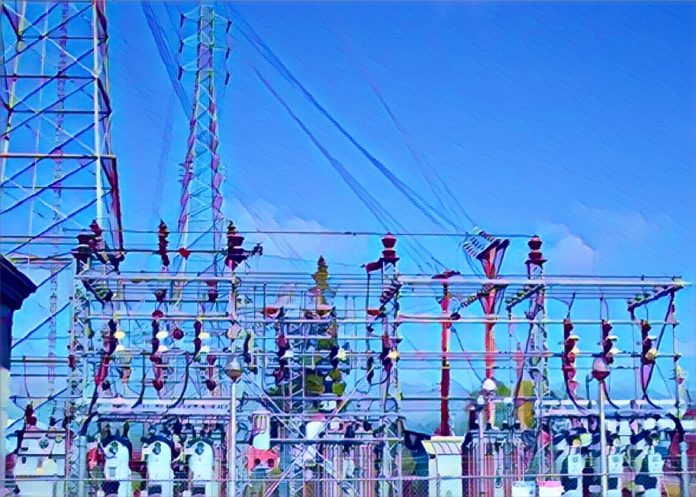KEY POINTS
- Nigeria launches a SCADA system to enhance power grid management.
- Minister of Power hails the project as transformative for the energy sector.
- The World Bank supports the project, boosting prospects for private investment.
Nigeria’s Federal Government has introduced an advanced Supervisory Control and Data Acquisition (SCADA) system. A system aimed at enhancing the efficiency and reliability of the nation’s power supply.
The unveiling took place in Abuja, where Minister of Power, Adebayo Adelabu, highlighted the system’s transformative impact.
“This is not a mere change of technology but is a clear indication of the commitment of our government towards ensuring that efficiency, reliability, and sustainable power supply are achieved across the country,” he said.
Enhanced grid management
The new SCADA system will enable real-time monitoring and control of the national grid.
Also, it allows operators to swiftly detect faults, manage loads more effectively, and respond to outages.
“We are ushering in a new era in the management and operation of the national grid,” Adelabu stated, adding that the technology will help tackle longstanding challenges in the sector.
Adelabu reiterated that this development aligns with the government’s objective of achieving energy security and expanding access to electricity for all Nigerians.
“This is more than just a tool; it’s a key part of our strategic efforts to modernize our power infrastructure,” he said.
Learning from the past
According to Punch, Transmission Company of Nigeria (TCN) Managing Director, Dr. Sule Abdulaziz, emphasized the significance of the new SCADA system, acknowledging past shortcomings in similar projects.
“It is common knowledge that previously deployed SCADA/EMS projects have not achieved the intended objectives,” he said.
Abdulaziz highlighted milestones already achieved, including the deployment of over 3,000 kilometers of fiber optic cables and the installation of SCADA equipment in more than 100 transmission substations across the country.
The system has already been integrated into significant infrastructure, such as the Lagos Transmission Substation in Apapa, making it a fully automated facility.
Global support and impact
World Bank Country Director, Ndiame Diop, whose institution played a key role in financing the project, expressed optimism about the project.
“This is history in the making,” Diop stated. He acknowledged challenges in the implementation process and reaffirmed the World Bank’s commitment to supporting the project’s timely completion.
Adelabu described the project as a demonstration of Nigeria’s resolve to build a robust and sustainable power sector.



